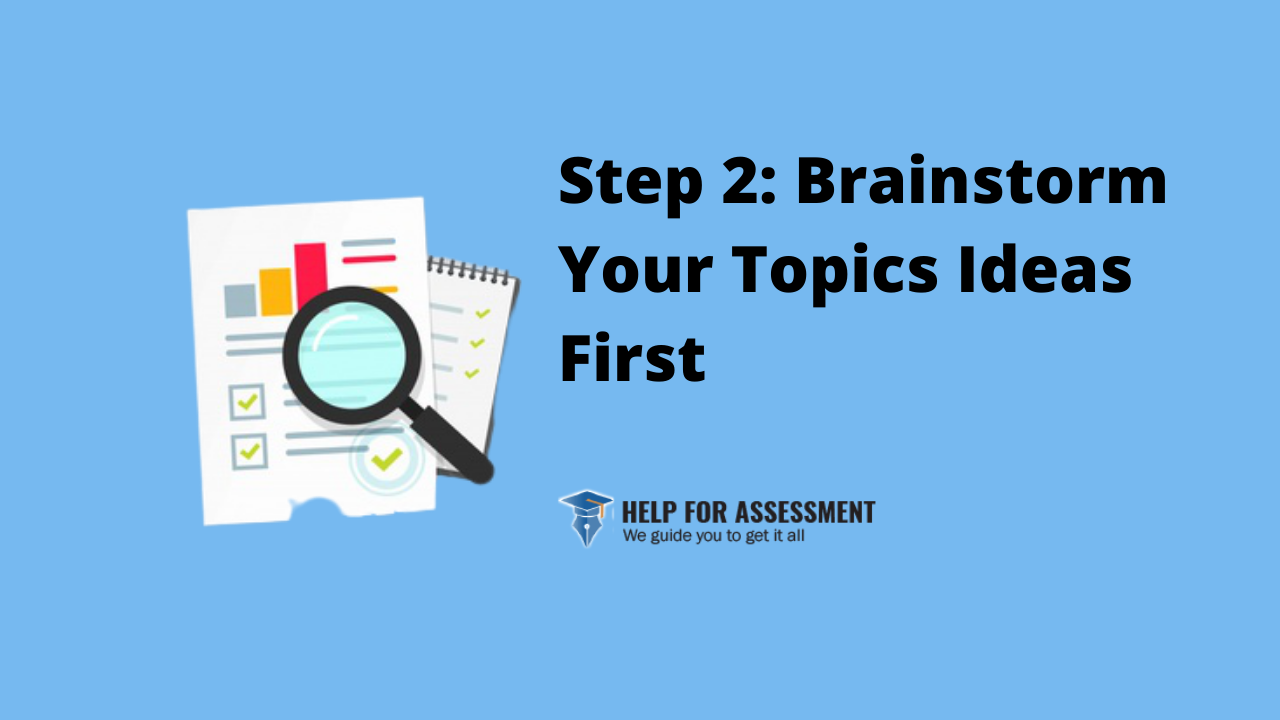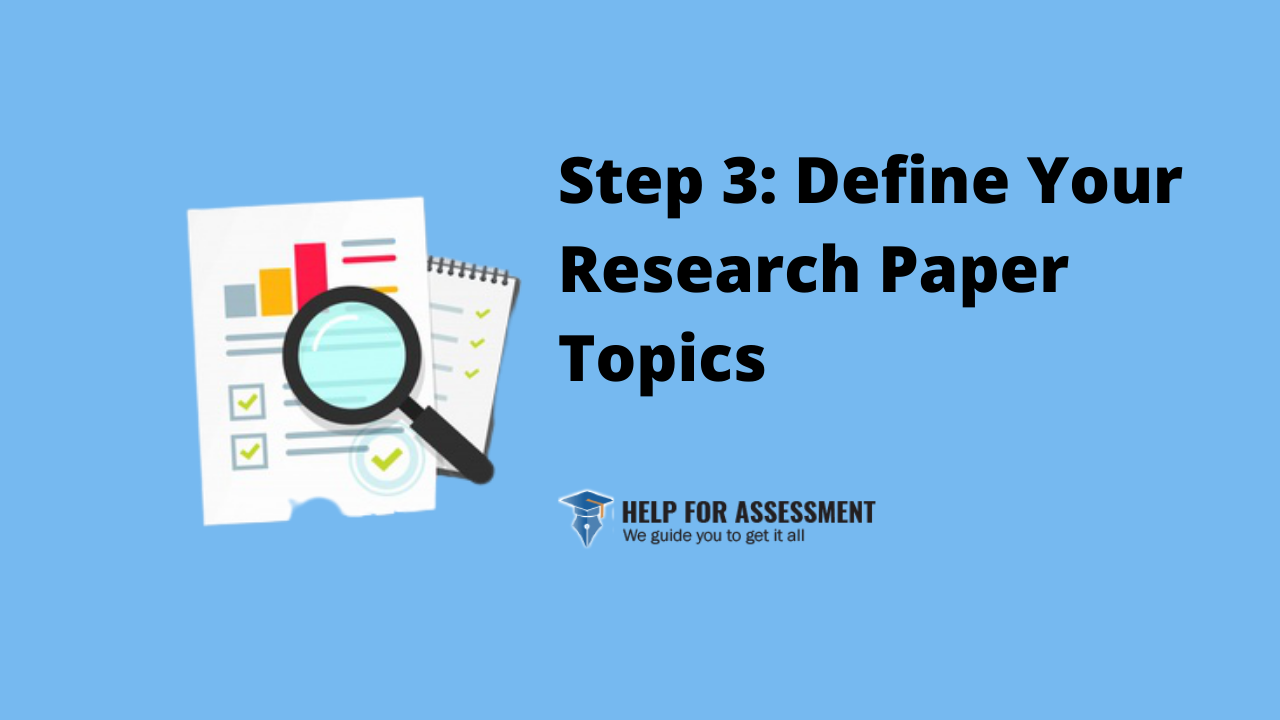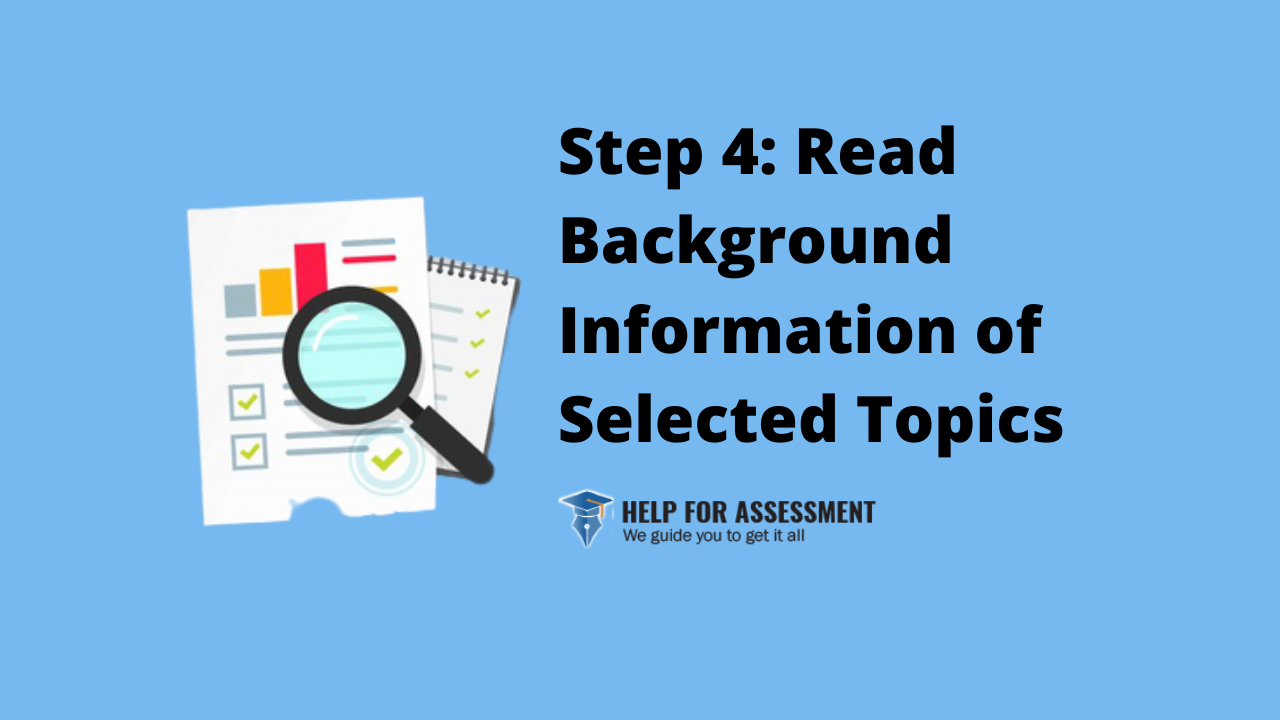Learning how to select a research topic can be the difference between failing your assignment and writing a comprehensive research paper. That’s why in this guide we’ll teach you how to select a research topic step-by-step.
You don’t need this guide if your professor has already given you a list of topics to consider for your assignment. You can skip to our guide on how to write a research paper.
If they have left it up to you to choose a topic to investigate, which they must approve before you start working on your research study, we suggest that you read the process shared in this post.
Choosing a topic after finding your research problem is important because:
- The topic guides your research and gives you a mean to not only arrive at other interesting topics but also direct you to discover new knowledge
- The topic you choose will govern what you say and ensures you keep a logical flow of information.
Picking a topic for a research paper can be challenging and sometimes intimidating, but it’s not impossible. In the following section, we show you how to choose the best research topic that your instructor can approve after the first review.
How to Select a Research Topic
Below are four steps to follow to find the most suitable topic for your research paper assignment:
Step 1: Consider a Topic that Interests You
If your professor has asked you to choose a topic for your research paper, it means you can choose just about any subject to focus on in your area of study. A significant first step to take is to consider topics that interest you.
An interesting topic should meet two very important conditions.
First, it should be concise. The topic you choose should not be too broad or two narrow. Rather, it should be something focused on a specific issue. Second, the topic should allow you to find enough sources to cite in the research stage of your assignment.
The best way to determine if the research topic is interesting is to do some free writing for about 10 minutes. As you free write, think about the number of questions that people ask about the topic and try to consider why they’re important. These questions are important because they will make the research stage easier for you.
You’ll probably have a long list of interesting topics to consider for your research assignment. That’s a good first step because it means your options aren’t limited. However, you need to narrow down to only one topic for the assignment, so it’s time to start brainstorming.
Step 2: Brainstorm Your Topics
You aren’t doing research at this stage yet. You are only trying to make considerations to determine which topic will suit your research assignment.
The brainstorming stage isn’t difficult at all. It should take only a couple of hours or a few days depending on how you approach.
We recommend talking to your professor, classmates, and friends about the topics that you’ve picked and ask for their opinion. Expect mixed opinions from this audience and then consider the topics that make the most sense. Note what topics picked their interest the most and put them on top of the list.
You’ll end up removing some topics from your initial list after brainstorming, and that’s completely fine. The goal here is to end up with a topic that interests you as well as your readers.
Step 3: Define Your Topics
Check once again to make sure that your topic is a subject that you can easily define. You want to make sure the topic isn’t too broad or too narrow.
Often, a broad topic presents overwhelming amount of information, which makes it difficult to write a comprehensive research paper. A narrow topic, on the other hand, means you’ll find very little information, and therefore it can be difficult to do your assignment.
The length of the research paper, as stated in the assignment brief, should guide your topic selection.
Narrow down your list to topics that are:
- Broad enough to allows you to find enough scholarly articles and journals for reference
- Narrow enough to fit within the expected word count and the scope of the research
Topics that meet these two conditions should be easy to work on as they easily fit within the constraints of the research assignment.
Step 4: Read Background Information of Selected Topics
You probably have two or three topics by the time you get to this step. Now it’s time to read the background information on the topics to decide which topic to work on.
This step is important because it gives you a clear overview of the topic, enabling you to see how it relates to broader, narrower, and related concepts. Preliminary research also helps you to find keywords commonly used to describe the topic, which may be useful in further research.
It’s important to note how easy or difficult it is to find information on the topic.
Look at different sources of information to be sure you can find enough references for the topic. Such periodic indexes scan journals, newspaper articles, and magazines to find the information you’re looking for. You can even use web search engines. Google and Bing are currently that best options to consider because they make it easy for searchers to find relevant information on scholarly topics.
If you’re having a hard time to find references for a topic that you’ve so far considered for your research paper, skip it and go to the next one. Doing so will go a long way to ensure you have the right topic to work on from start to finish.
Get Research Paper Writing Help
If you’ve found your research topic but you feel so stuck that you can’t proceed with the assignment without some assistance, we are here to help. With our research paper writing service, we can help you handle the assignment within the shortest time possible.
We will research your topic, develop a research question, outline the project, and help you with writing. We also get you involved in the process, allowing you to track the progress of your order until the delivery stage.





